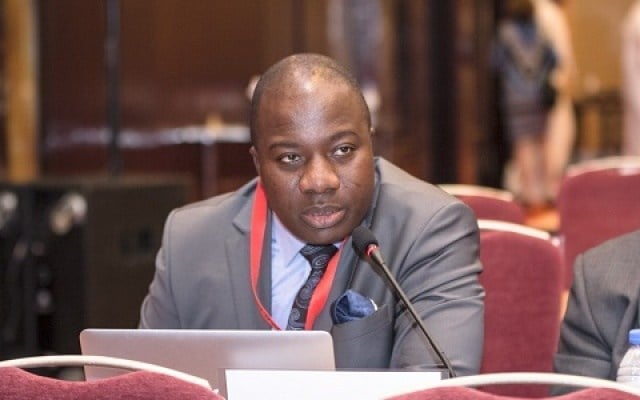The political landscape of Ghana’s Parliament is poised for a potential shift as speculation mounts regarding the appointment of Mahama Ayariga, the Member of Parliament for Bawku Central, as the Majority Leader. This prospect arises from the anticipated confirmation of Dr. Cassiel Ato Forson, the current Majority Leader, as the Minister of Finance. Dr. Forson’s nomination necessitates his vacating the leadership position in Parliament, paving the way for a new appointment within the National Democratic Congress (NDC) caucus. Ayariga’s name has surfaced as a prominent contender, with reports indicating that his nomination is under active consideration by the NDC leadership. This potential transition underscores the dynamic nature of parliamentary leadership and the intricate interplay between ministerial appointments and legislative roles.
The potential appointment of Mahama Ayariga marks a significant development in the NDC’s parliamentary strategy. Ayariga, a seasoned politician with a long-standing presence in Parliament, brings a wealth of experience and a distinct political perspective to the table. His potential elevation to the Majority Leader position would reflect the NDC’s ongoing efforts to recalibrate its parliamentary leadership and optimize its strategic positioning within the legislative arena. This shift also highlights the complex interplay between individual political trajectories and the broader party dynamics within the NDC. Ayariga’s ascension, if confirmed, would represent a notable shift in the power dynamics within the NDC caucus and could potentially reshape the party’s legislative agenda.
The backdrop against which Ayariga’s potential appointment unfolds is the recent reshuffle within the NDC’s parliamentary leadership. In January 2023, Dr. Cassiel Ato Forson replaced Haruna Iddrisu as Minority Leader, a move characterized by NDC National Chairman Johnson Asiedu Nketiah as part of a comprehensive restructuring effort spanning from the grassroots level to the flagbearer position. This reshuffle signaled the party’s commitment to adapting its leadership structure to meet evolving political challenges and optimize its performance in Parliament. The potential appointment of Ayariga as Majority Leader can be seen as a continuation of this restructuring process, further solidifying the NDC’s efforts to strategically position itself for effective legislative action.
The potential elevation of Mahama Ayariga to the Majority Leader position carries significant implications for the dynamics within Parliament. As Majority Leader, Ayariga would play a pivotal role in shaping the legislative agenda, coordinating the NDC’s legislative efforts, and navigating the complex interplay between the ruling party and the opposition. This position demands strong leadership skills, astute political acumen, and the ability to build consensus across party lines. Ayariga’s success in this role would hinge on his ability to effectively manage the diverse interests within the NDC caucus and effectively represent the party’s position on key legislative issues.
The timing of this potential leadership transition coincides with a period of heightened political activity in Ghana. With the impending confirmation of Dr. Forson as Finance Minister, the government is embarking on a new phase of its economic policy agenda. The Majority Leader plays a crucial role in shepherding the government’s legislative priorities through Parliament, ensuring the smooth passage of key bills and policies. Ayariga’s potential appointment would place him at the center of these legislative efforts, requiring him to navigate the complexities of parliamentary procedure and effectively advocate for the government’s agenda.
The anticipated appointment of Mahama Ayariga as Majority Leader represents a pivotal moment in Ghanaian politics. It underscores the dynamic nature of parliamentary leadership, the intricate interplay between ministerial appointments and legislative roles, and the ongoing evolution of the NDC’s political strategy. Ayariga’s potential ascension to this prominent position carries significant implications for the legislative landscape, the dynamics within the NDC caucus, and the broader political discourse in Ghana. His leadership will be closely scrutinized as he navigates the challenges and opportunities that lie ahead in this crucial role.














